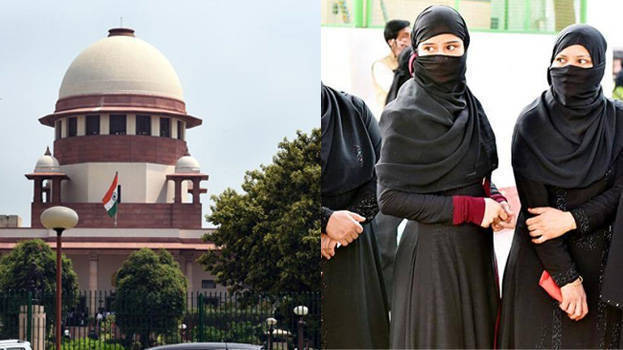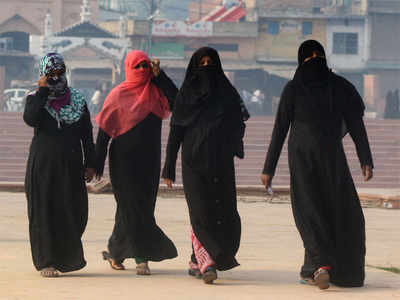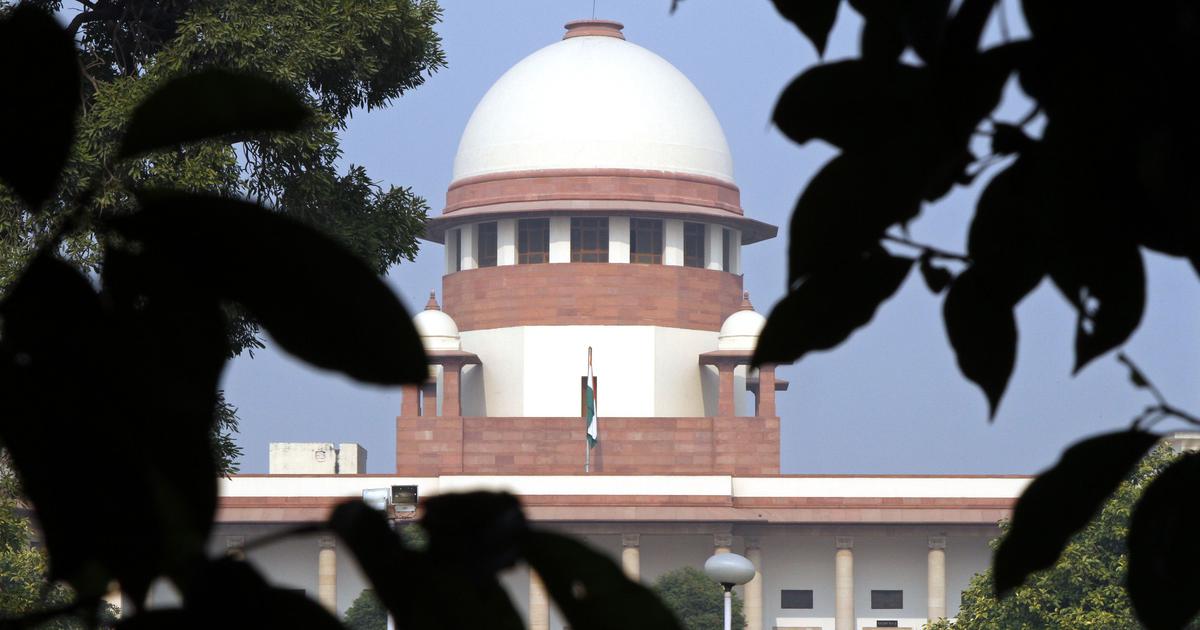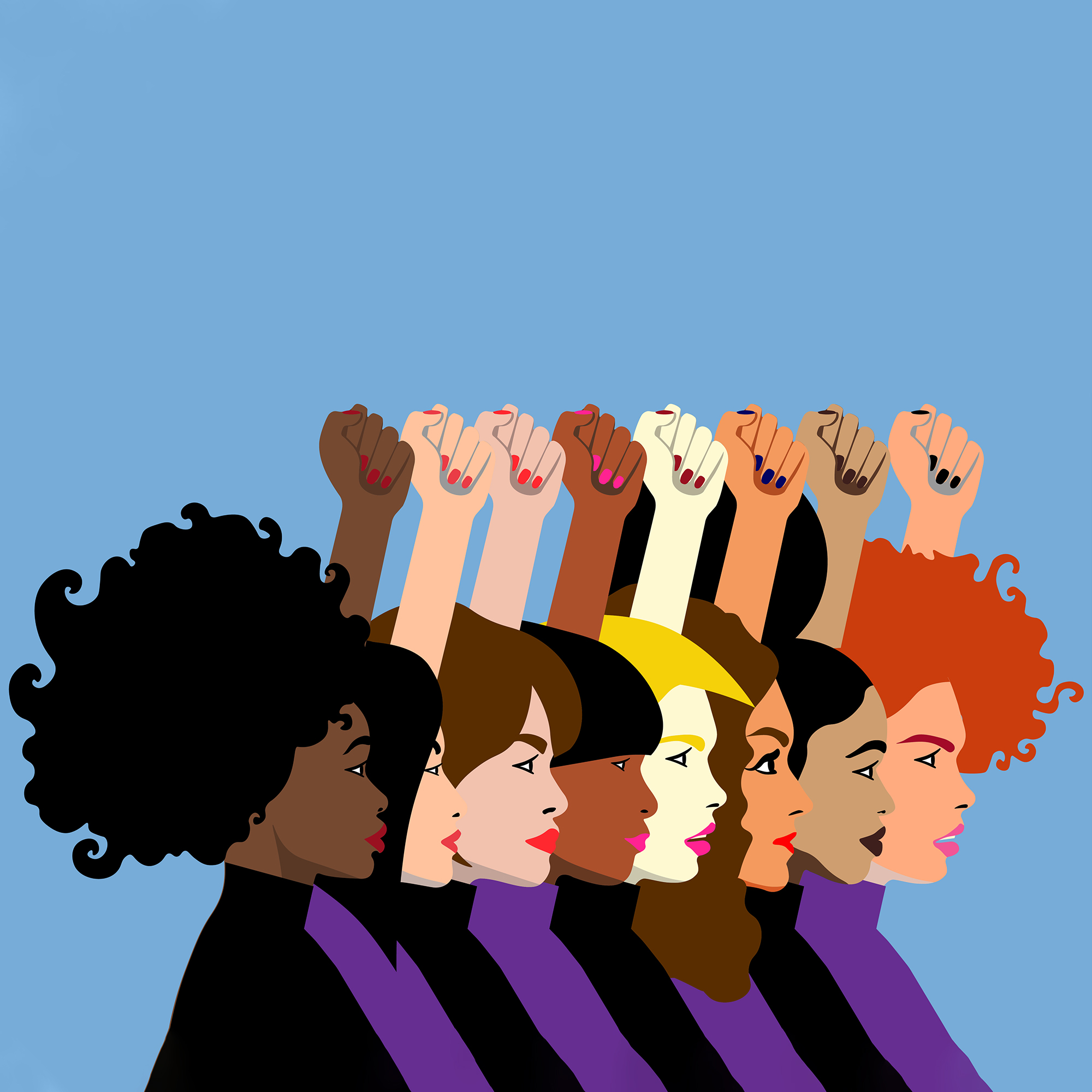Practice of robbing women of access and participation
The Muslim community in India is the second-largest community after Hinduism. Moreover, India even has the second-largest Muslim population after Indonesia. However, despite being vast in number, some of the practices of the community even today and gender discriminatory. One of the appalling practices, which continues wholeheartedly, is the lack of access to women to their prayer areas (Mosque). Many Muslim women are not allowed to enter the prayer area, especially the mosques and eidgahs (an open gathering place to perform prayers) in India.
Despite a rise of rights-based ideology in India, putting the interest of the vulnerable on the front foot, most basic of the rights are being denied to them since time immemorial. A right to offer prayer seems to be one of the most fundamental rights, everyone is entitled to, but categorically denied to Muslim women. Various reasons are surrounding this gender-discriminatory practice. While some say the presence of women at the place of prayer ‘brings distress’ to the family. However, what seems most plausible reason for this practice is that their entry instigates fitna and the avertable male gaze.

Petition in the SC to allow entry of women in Mosques:
The said practice has been the subject of challenge and judicial scrutiny at other instanced before as well. On an earlier instance, in 2019, a Public Intrest Litigation [PIL] in this matter was filed before the Supreme Court. It was heard by a bench comprising of Justices SA Bobde and SA Nazeer, served notices along with copies of the petition be served to Maharashtra State Board of Wakf, Central Wakf Council and All India Muslim Personal Law Board. The PIL in April 2019 prayed to allow Muslim women to enter through the main door of mosques and have an Islamic right to visual and auditory access to the musalla [main sanctuary].
The question is about the access to women and their right to offer prayer, broadly hinting towards participation. In the said petition filed by a Pune based couple, the Supreme Court bench Justice S A Bobde issued a notice to the Centre asking it to respond to the plea. The main argument as put forth in the petition was that the prohibition on entry of women inside mosques in the country as illegal and unconstitutional as it violated the fundamental rights guaranteed under the Constitution.

Whether the right to equality can be enforced against another human being?
The court also expressed serious concern over whether a petition for the right to equality as provided for under Article 14 of the Constitution of India can be filed against individuals and non-state actors? By the very basic definition of a fundamental right, it is available only against the ‘State’. Moreover, whether or not an entity is ‘State’ is described under Article 12 of the Constitution of India.
Therefore, the first and foremost question that arose before the court is whether religious entities like church, Mosque and temple state, as per the definition or not. Here these entities are not to be looked as a non-living entity rather the juristic entity of a religious place, managed and run by other people. This shall revive the age-old question of whether the right to equality can be claimed by one person against another?
A similar attempt was made once earlier by the Kerala unit of Akhil Bharat Hindu Mahasabha. However, then the Supreme Court had dismissed the pleas and stated that the aggrieved persons have the proper locus standi to move the court in this regard. It questioned the locus standi of the Akhil Bharat Hindu Mahasabha, as to how this practice affects them.

Once again the matter has cropped up and put before the Supreme Court of the country. A petition has been a move which challenges the practice and says that such a ban on the entry of women in mosque is ‘illegal, unconstitutional, and violation of dignity’. The matter has been put before a bench led by the present Chief Justice of India, Ranjan Gogoi. Taking the matter forward, the CJI has once again issued notices to the government, requesting to respond to the petition filed by Yasmeen Zuber Ahmad and Zuber Ahmad.
In their petition, they prayed to direct the All India Muslim Personal Law Board and the Central Waqf Council to open the mosques to all Muslim women. The petition has impleaded different parties as respondents in the said case, including a central level government body, the National Commission for Women [NCW].
Several parties have been named as respondents, including the National Commission for Women. Back in April when this matter was originally filed, the Supreme Court had said that it was compelled to hear the petition preferred by the couple, in the context of the verdict given by the court in the Sabrimala temple case. Right before the petition, the court had declared that the ban of women of a certain age unconstitutional and discriminatory, in the temple. The petition argued that:
“There should not be any gender discrimination, and allow Muslim women to pray in all mosques, cutting across denominations. There is no such gender discrimination to offer worship in Mecca, the holy city. The faithful, both men and women, together circle the Kaaba,”
The present practice which is being followed for Muslim women offering prayer is that the yare only allowed to offer prayers at mosques under the Jamaat-e-Islami and Mujahid denominations. Therefore, women are barred from entry into the mosques, more prominently by the Sunni faction of the Muslim community. Even in instances where women are allowed inside the mosques, they observe separate entrance and enclosures for men and women.
Apart from the basic contentions put forth by the petition, it also claims that the said practice is in violation of Article 44 of the Constitution of India. Article 44 of the Constitution is a Directive Principle of State Policy [DPSP], encouraging the state to secure a Uniform Civil Code for all citizens, by eliminating discrepancies between various personal laws currently in force.


















